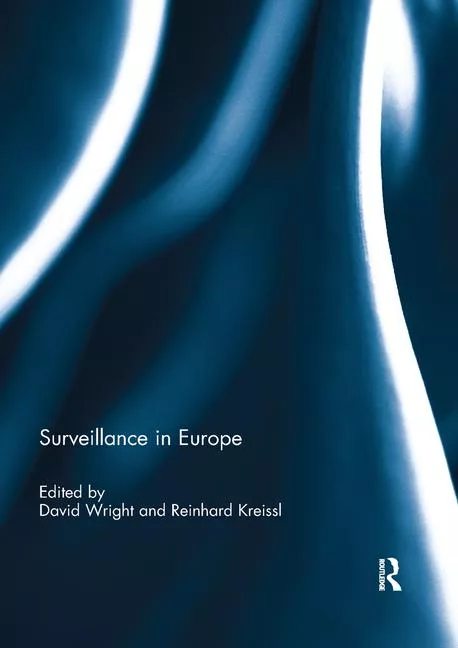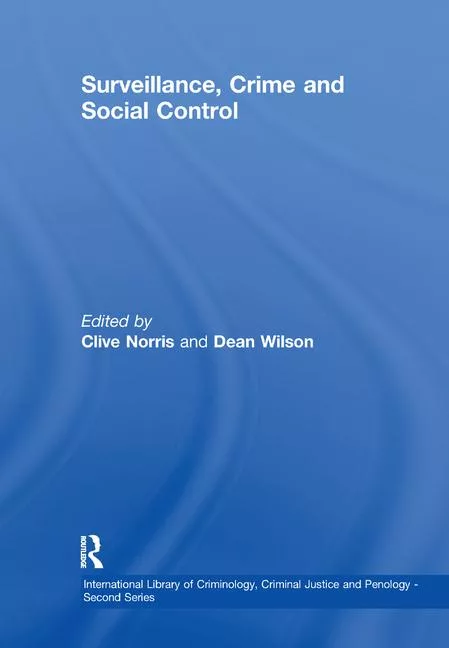In Defense of Post-9/11 Surveillance
The disclosures by Edward Snowden over the past year have raised the public’s awareness about the U.S. Government’s surveillance tactics and capabilities to defend our nation against another 9/11 magnitude attack.
The disclosures by Edward Snowden over the past year have raised the public’s awareness about the U.S. Government’s surveillance tactics and capabilities to defend our nation against another 9/11 magnitude attack. There is much emotion both positive and negative around this topic, and admittedly there is much positive debate. However, the further we are from the memory of the events of September 11, the less we seem to believe that the measures and technologies we created and put in place to detect and identify potential terrorist activity are as necessary as we believed they were on September 12, 2001. Next month will be the 13th anniversary of the attacks on New York, Washington, DC, and the heroic efforts of those on Flight 93 that prevented a third attack from hitting its target.
Since that fateful day in September, there have been significant improvements in our intelligence and law enforcement capabilities. Having literally grown up in law enforcement and security over the past 35 years, it is hard for me to believe that the investigative methods we used back in the 1970s have evolved to the technological capabilities we have today. As a young investigator, I was told to read and memorize O’Hara’s Fundamentals of Criminal Investigation. At that time, countless interviews, checking laundry marks and other mundane techniques were the mainstay of police work. Surveillance was performed by putting people on the street and watching from parked cars and vans disguised at Bell Telephone service vehicles with portholes cut out for still cameras. Those entering the law enforcement or security fields as young police or security professionals take for granted the investigative techniques we couldn’t even imagine 30 years ago. Information sharing was limited only to those who you knew or with whom you had a close connection – there was no such thing as intelligence information shared across jurisdictions by fusion centers.
Today, as Snowden has revealed, we have powerful surveillance capabilities. We can correlate information collected from disparate sources in a matter of seconds to uncover connections we would have never identified before an event takes place. Cameras and sensors are ubiquitous, and the Internet has opened up troves of information that would have previously taken months, if not longer to uncover. We have overcome many of the barriers we had to sharing information among police at the local, state and federal levels. We have developed new concepts of information sharing and partnerships that bring the resources and capabilities of the private sector to be leveraged by the public sector. Private-public partnerships are bringing citizens and businesses into a closer cooperative relationship with law enforcement all with the goal of creating a safer nation in which to live. Private sector surveillance systems are routinely shared with the police to allow more data fusion and domain awareness to keep our streets safe while keeping costs low. We still have a long way to go but in looking back over the decades, we have come along way. Most assuredly we give up elements of our privacy with an increased use of technology. We do that routinely when we are shopping online or the local grocery store. If we put aside the emotional discussion about privacy and focus on the fact that our society is continually threatened by groups and individuals intent on destroying our way of life, we would have a better appreciation for the technologies and the efforts they support to keep us safe.
Technology develops at a pace that is virtually impossible for our law enforcement and security agencies to maintain. However, terrorists and criminals manage to adapt technological change to leverage its advantages to increase the effectiveness and lethality of their acts. We have to ensure that we allow those that we expect to keep us secure and safe to have the same advantages. Snowden’s leaks have done significant damage to our operational capabilities and have only helped the very terrorists and criminals we are trying to stop.
As a “Plank-holder” of the Department of Homeland Security, when the 9/11 attacks were fresh in our minds and the threat of another attack seemed imminent, we vowed that we would never let that happen again. We cannot let the headlines resulting from an act of treason diminish our resolve to stop another 9/11. We need to keep the memory of how we felt on September 12, 2001, in our minds and know our enemies will never stop trying to attack us on our own turf and we can never let that happen again.
About the Author: Bob Liscouski is CEO and co-founder of Axio Global LLC, an innovative enterprise cyber risk management firm focused on protecting and preserving the value of companies that are essential to our global economy by providing complete cyber risk mitigation and transfer solutions. He is the former Assistant Secretary for Infrastructure Protection for DHS.
Looking for a reprint of this article?
From high-res PDFs to custom plaques, order your copy today!





